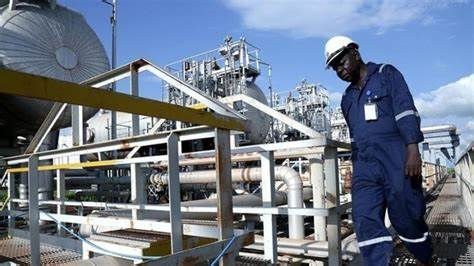
South Sudanese officials have confirmed that a new shipment of the country’s crude oil has successfully arrived at Port Sudan signaling a key step forward in maintaining oil export flows despite regional instability and logistical challenges
The oil which was transported through Sudan via a 1600 kilometer pipeline is now stored and ready for loading onto international tankers according to energy ministry representatives in Juba The delivery comes amid ongoing concerns about the security and reliability of the transit route which passes through conflict prone areas and infrastructure vulnerable to disruption
Oil remains the backbone of South Sudan’s economy contributing nearly all of its foreign exchange earnings and a large portion of its national budget The country has no direct access to the sea so it relies heavily on Sudan’s port facilities and pipeline network under a transit agreement that has faced repeated strains due to political tensions and armed conflict
Officials emphasized that the safe arrival of this shipment is a positive development for both countries and for international buyers who depend on South Sudan’s Nile Blend crude Known for its high quality and low sulfur content the oil is primarily exported to markets in Asia including China India and Malaysia
However the situation remains fragile as recent clashes in parts of Sudan have raised fears of potential pipeline sabotage or shutdowns The South Sudanese government is reportedly in close communication with Sudanese counterparts and international partners to ensure continued protection of the infrastructure and stable oil flow
Analysts warn that any prolonged disruption could severely impact South Sudan’s economy which is already under pressure from high inflation currency instability and humanitarian needs The government has been exploring alternative export routes including potential rail and road links through neighboring countries but such projects remain years away from completion
In the meantime officials say they are prioritizing cooperation with Sudan and focusing on improving internal security along the pipeline corridor to avoid costly delays or damage
Energy sector observers say the successful delivery to Port Sudan will bring temporary relief to the oil market and investors while highlighting the ongoing risks associated with landlocked energy exports in fragile states
With global oil prices fluctuating and regional geopolitics evolving South Sudan’s ability to maintain regular shipments will be closely watched by both buyers and development partners

